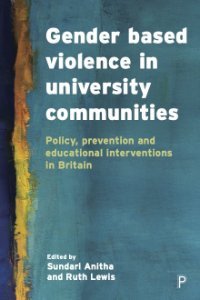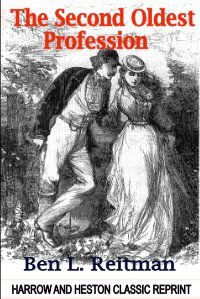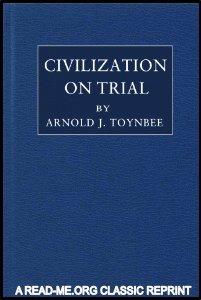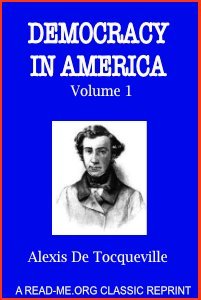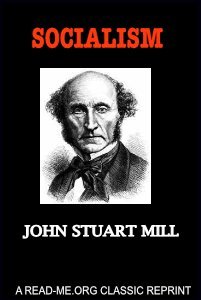By Oosterom, M.; Huq, L.; Namuggala, V.; Nazneen, S.; Nankindu, P.; Sultan, M.; Sultana, A. and Azim, F.
There is a strong belief that employment is a crucial avenue for the empowerment of young women, through income, greater autonomy, and bargaining power within the family. However, experiences of workplace sexual harassment undermine these potential gains. This qualitative study among agro-processing factory workers and domestic workers in Uganda and Bangladesh demonstrates that sexual harassment is widespread in both formal and informal workplaces, while domestic workers are particularly vulnerable to its most severe forms. Women’s agency to challenge harassment is severely constrained by social and gender norms. Most find that the best possible strategy is to avoid and prevent physical forms of sexual harassment from happening. Language is essential for voicing and challenging sexual harassment, but the study shows that social and gender norms constrain young women in articulating transgressive and inappropriate behaviour by men. Many women hide detail, deliberately use euphemisms, and even lack a vocabulary to explain what happened to them, ultimately limiting opportunities for redressal. At the same time, formal institutions are failing young female workers. Local authorities in both countries reproduced prejudice about women ‘inviting’ sexual attention, whereas the police are generally distrusted because of corruption and the need for bribes. To tackle sexual harassment in the workplace, multipronged strategies are needed that target employers and government actors. The right policies and adequate safeguarding and reporting mechanisms need to be implemented, whereas programmes need to support women to help them gain the confidence to speak about sexual harassment and support (collective) action. Longer-term strategies need to address gender norms that condone sexual harassment.
Brighton, UK: Institute of Development Studies, 2022. 84p.




